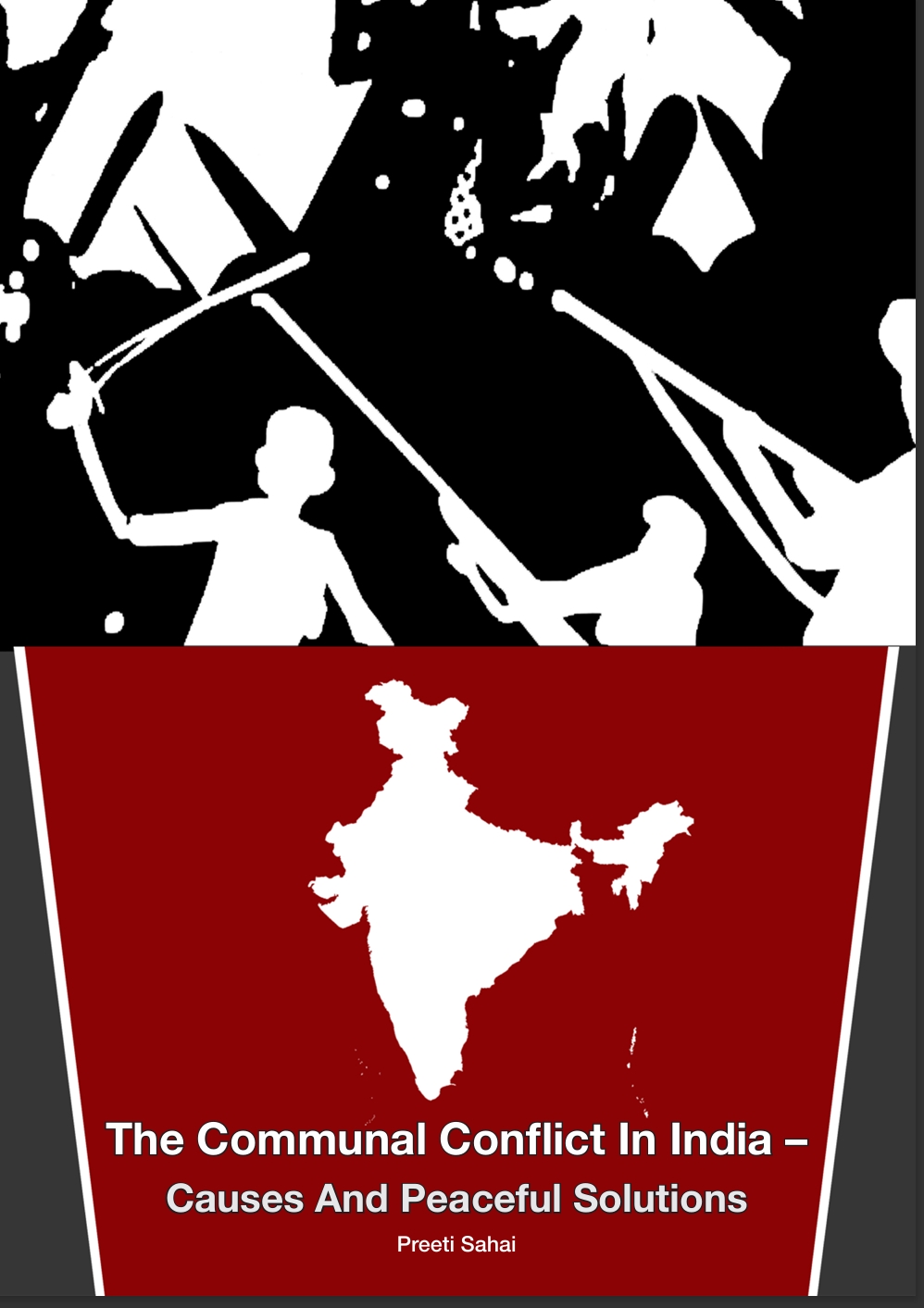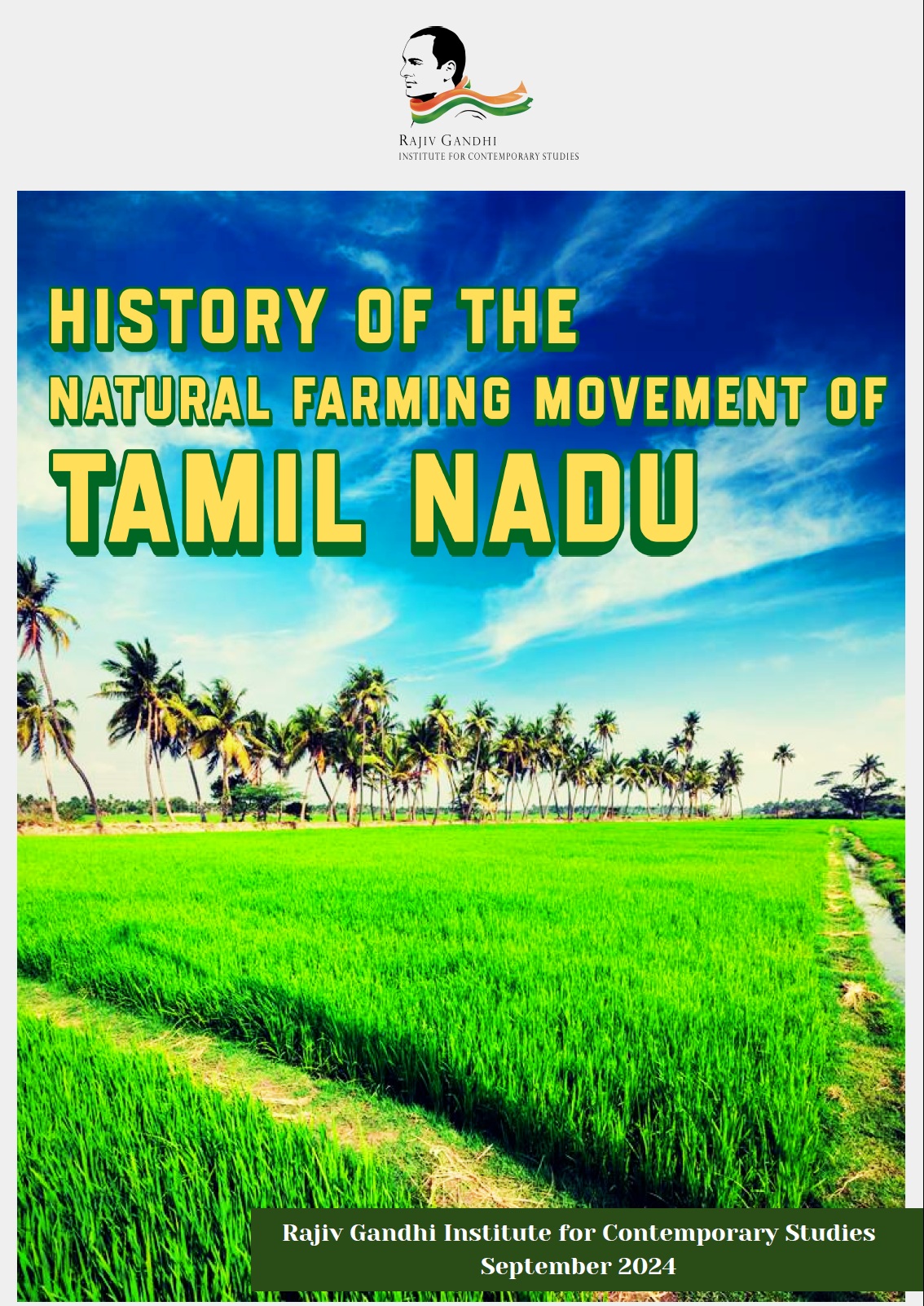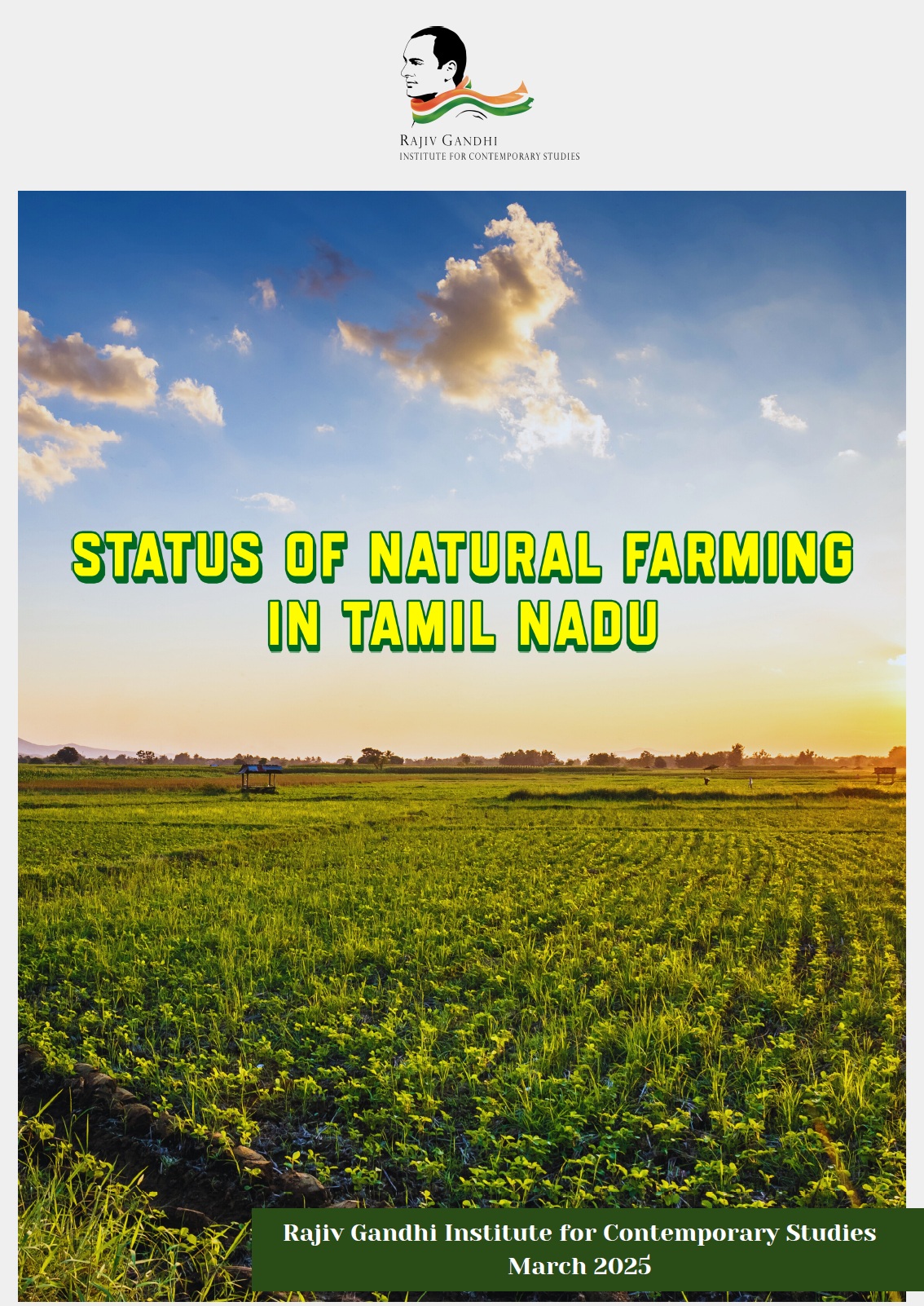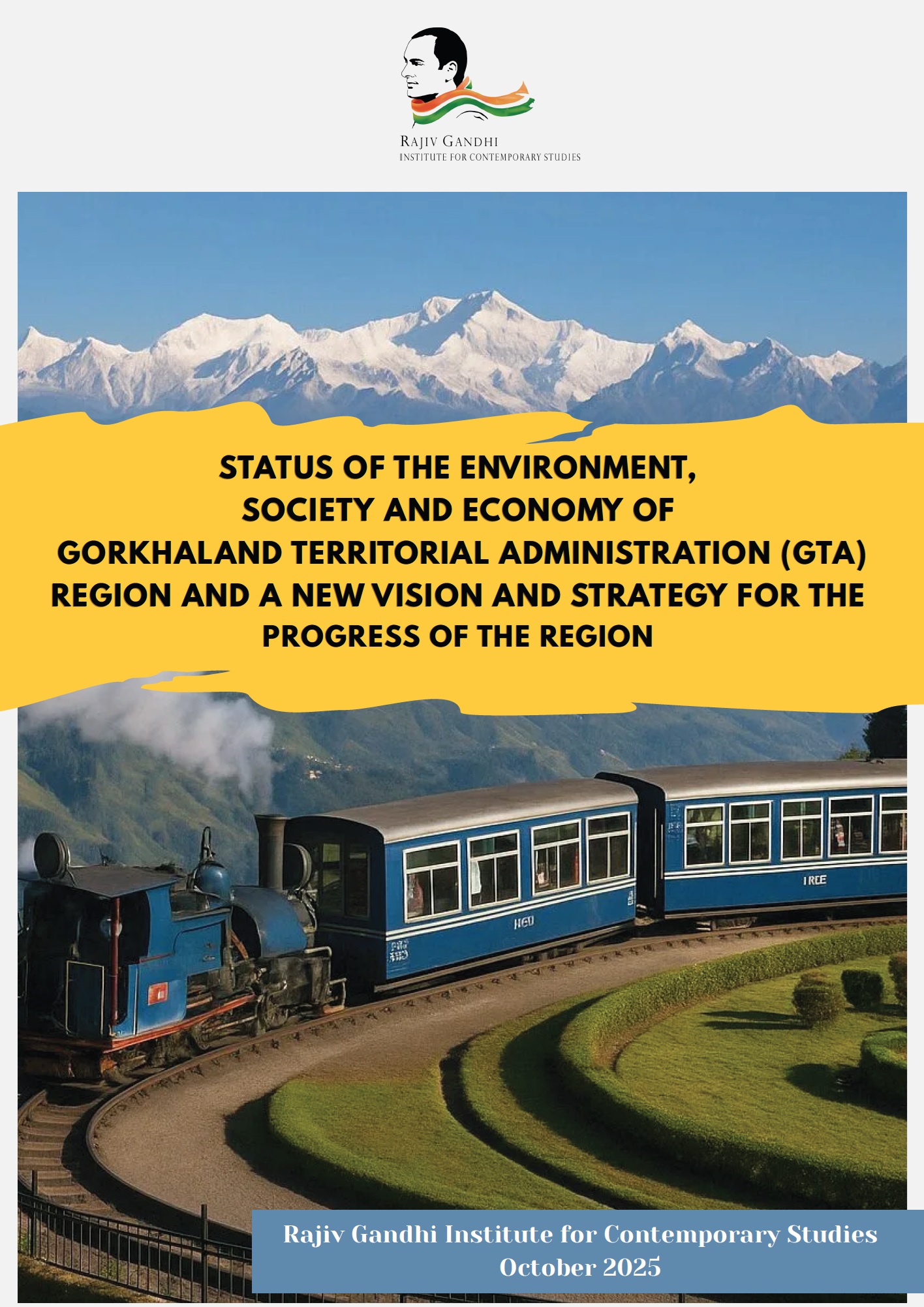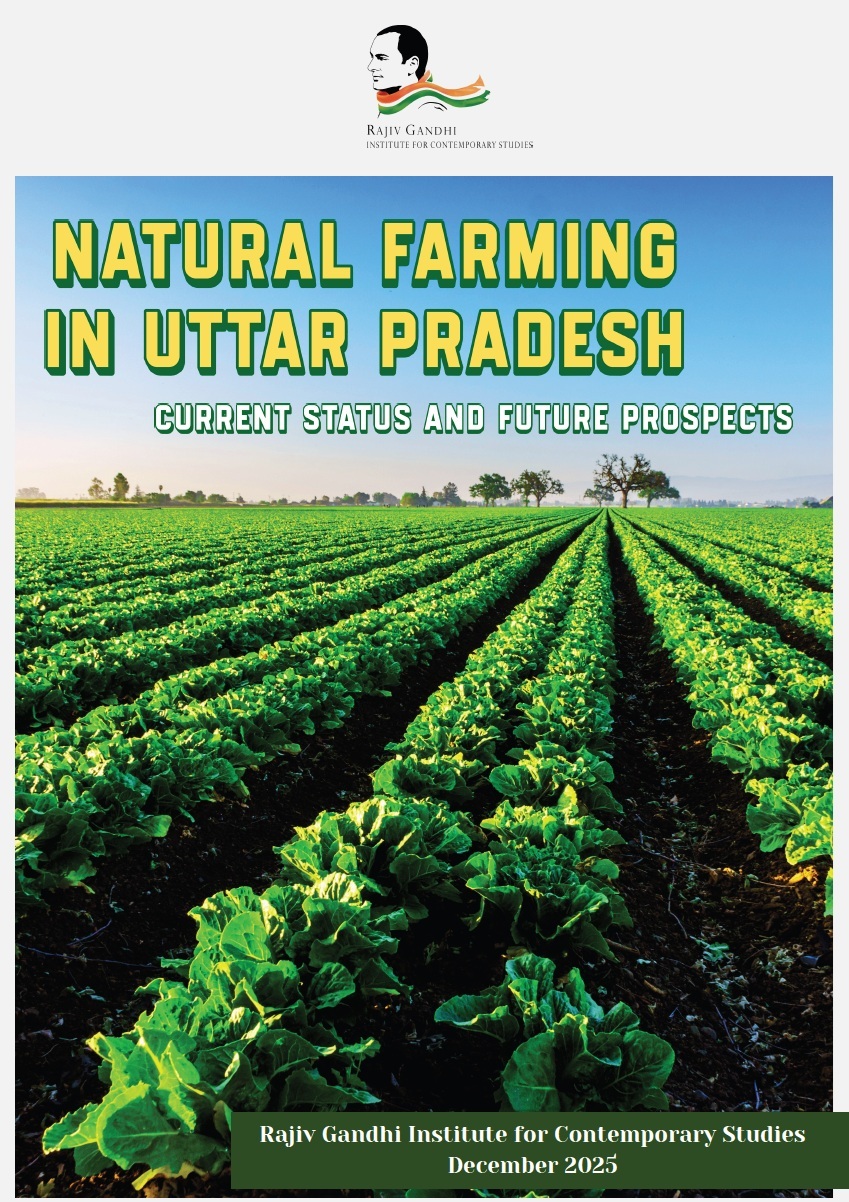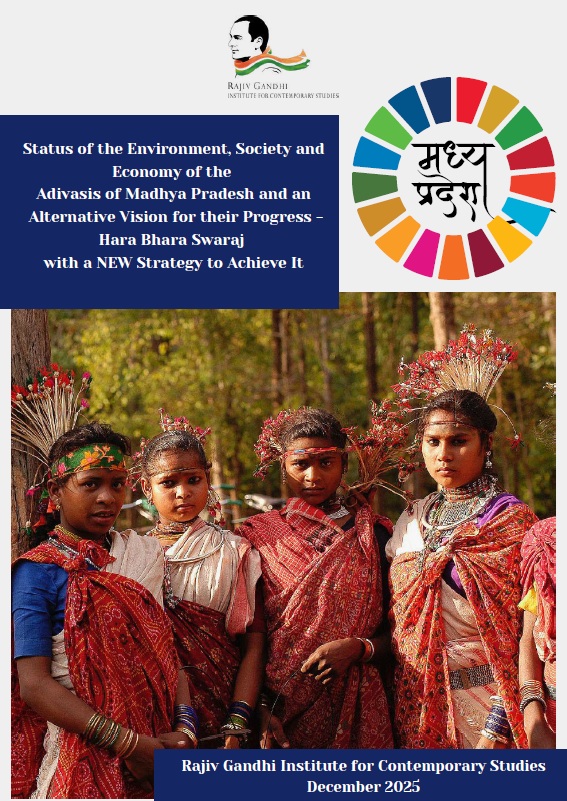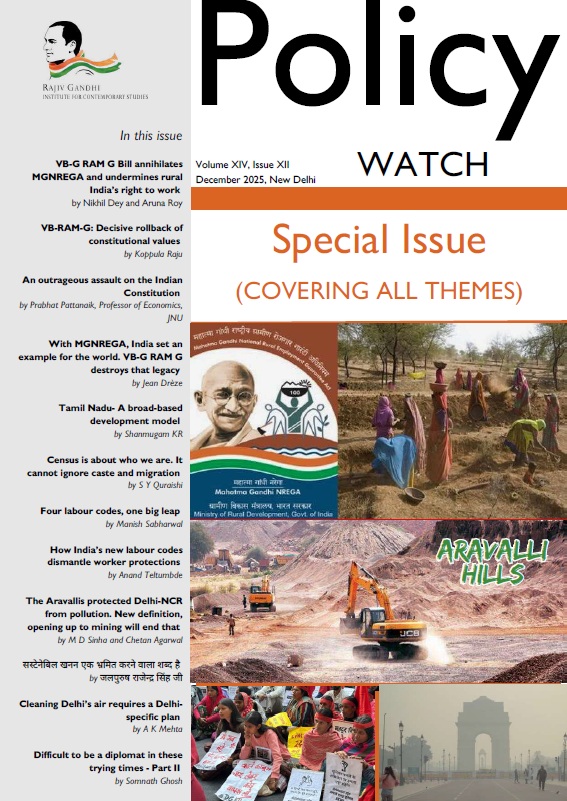Communalism may have deep roots, but with sustained effort, communities can rise above it and build a more harmonious future. Despite, the complexities of the conflict, solutions exist. Local communities have come together through peace committees, interfaith dialogues, and grassroots organizations to prevent violence. These efforts work best when backed by strong civic engagement and inclusive governance. The report emphasizes that while religious and political tensions are real, people’s everyday experiences of unity, shared traditions, and mutual support can be the foundation for lasting peace.
The Hindu-Muslim conflict in India is deeply intertwined with history, politics, economics, and social identity. While some may see these clashes as spontaneous, research shows that many incidents are politically motivated, often used to mobilize voters or consolidate power. The British colonial rule played a significant role in dividing communities along religious lines, and this division was later reinforced by nationalist movements and economic disparities. Despite these challenges, there are hopeful signs—grassroots efforts, civic engagement, and community-driven peace initiatives have shown that peaceful coexistence is possible.
The roots of communal tensions go back centuries, but they hardened under British rule, which encouraged religious classifications and separate electorates. Over time, political parties began exploiting religious identities to gain an electoral advantage. Economic inequality adds another layer—when resources like jobs and housing become scarce, minority communities are often scapegoated. The rise of religious nationalism, particularly Hindutva, has further deepened these divisions, framing Muslims as the “other” in a Hindu-majority nation.
Keywords: Communalism, Religious Nationalism, Electoral Politics, Social Identities, Hindu-Muslim Conflict, Economic Inequality, Colonial Legacy, Peacebuilding, Social Capital, Violence Prevention
Send download link to:The Communal Conflict in India – Causes and Peaceful Solution

